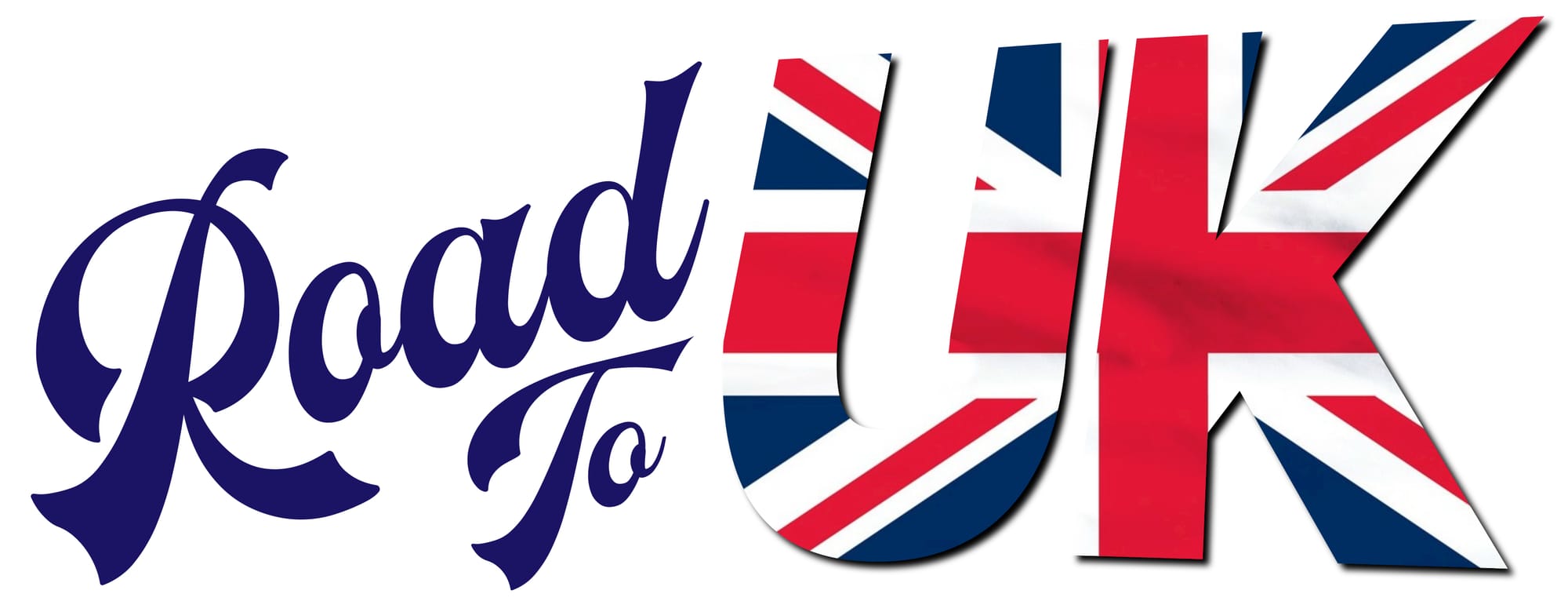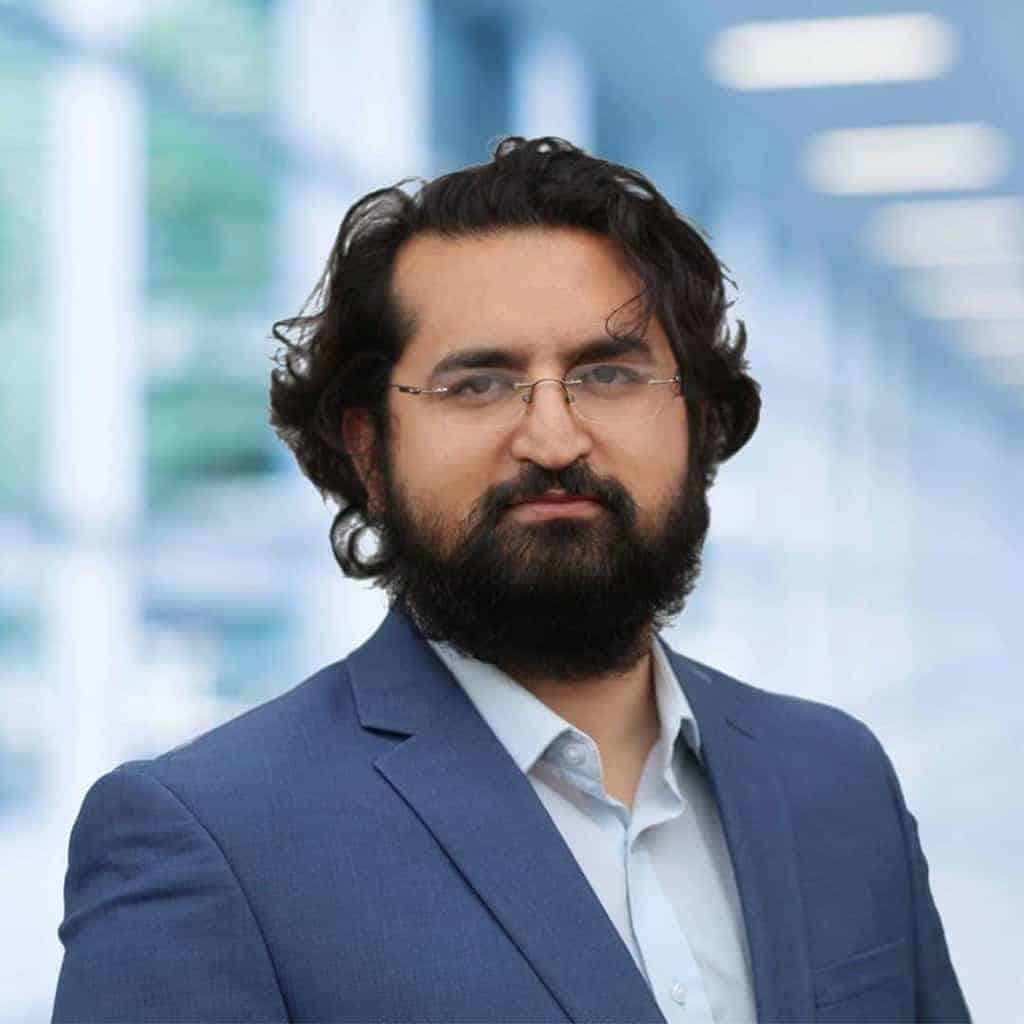Specialty Training in Psychiatry for IMGs in the UK
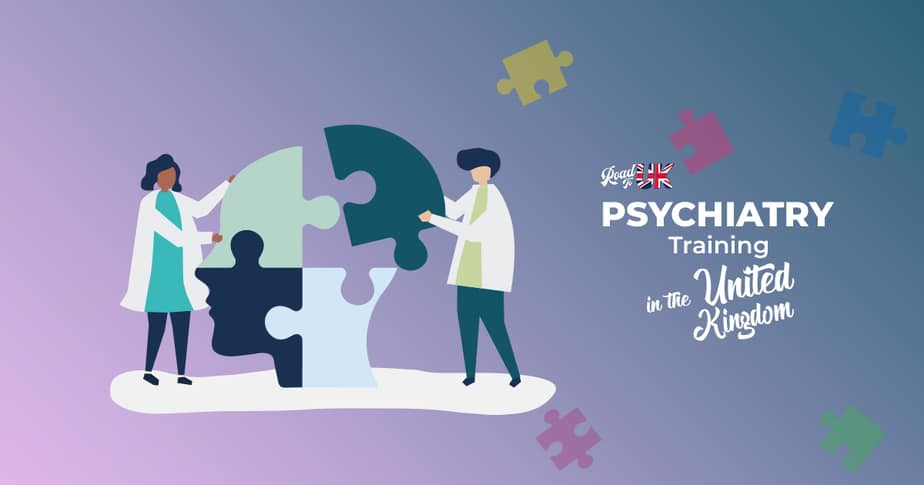
Psychiatry is a fairly extensive branch of medicine that looks into the mental health of an individual. Royal College of Psychiatry (RCPsych) manages physician training of psychiatry in the UK. It is a rewarding career choice for those interested in studying more beyond what we just ‘see’ in a clinical setting, and takes into account a lot of what we can understand.
Stages of Psychiatry Training
There are two main stages of training within psychiatry in the UK:
- Core psychiatry training
- Advanced training in one (or dual) psychiatry specialties
Core psychiatry training is 3 years long (CT1, CT2, & CT3), where you undergo rotations that may be 4 to 6 months long in different areas of psychiatric practice and learning.
Advanced training is also 3 years long (ST4, ST5, & ST6), where you spend 12 months per rotation in general psychiatry. If during this time you wish to specialize further, you can add on an additional year to sub specialize in fields such as rehabilitation, liaison psychiatry, substance misuse, eating disorders, learning disabilities, etc.
There is also a chance to apply for dual training in old age psychiatry, medical psychotherapy, forensic psychiatry, etc.
Specialties and Sub-specialties in Psychiatry
There are 6 GMC-approved advanced training pathways in psychiatry specialities which starts after 3 years of Core Psychiatry Training.
- Child and adolescent psychiatry
- Forensic psychiatry
- General psychiatry
- Medical psychotherapy
- Old age psychiatry
- Psychiatry of intellectual disability
As mentioned already, there are scopes of sub-specialization and special interest sessions as well. GMC endorses the following sub-specialties after taking further training in:
- Substance Misuse Psychiatry
- Liaison Psychiatry
- Rehabilitation Psychiatry
There are options for doing the following sub-specializations as well in the stream of general psychiatry, but they are not GMC endorsed:
- Peri-natal Psychiatry
- Neuropsychiatry
- Eating Disorder Psychiatry
How Competitive is Psychiatry Training in the UK?

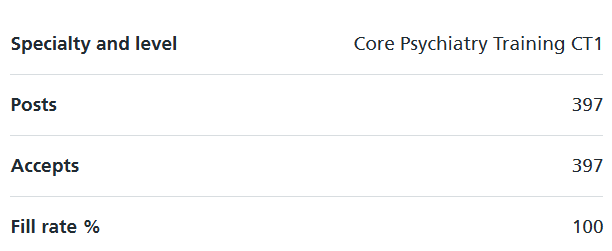
Competition ratios can be a little confusing because you may feel if so many people are applying, how does anyone stand a chance? Here's what you have to understand: in the UK, doctors can apply for multiple specialties at once when training applications open. Often times, because of overlap in requirements of many specialties, doctors will apply broadly. So don't scrutinize the number of applications too much, rather look at the number of posts and fill rates to get a better idea.
Below are the fill rates for ST4 in psychiatry in 2024.
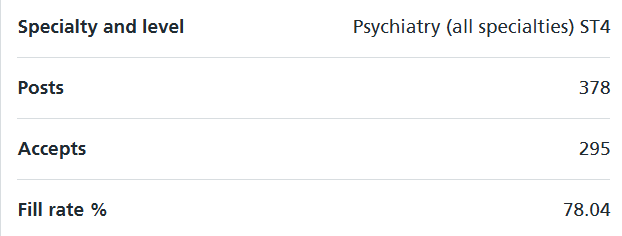
There are also very small number of posts available which are designed for dual training. But the availability of those are very limited depending on the deanery and other provisions.
Prior to Starting Psychiatry Training in the UK
Before you can even consider joining psychiatry training, you will need to meet some basic prerequisites. The most important of these prerequisites is being GMC registered. If you are wondering how to obtain GMC registration, please check out how to get registered with GMC.
It would also be prudent to have a complete understanding of how training in the UK is structured, as laid out in this video:
Structure of Psychiatry Training in the UK
We’ve already discussed that you must go through core training and progress to specialty training in order to proceed with psychiatry. This means that that it is an uncoupled specialty.
Wondering what an uncoupled or run-through specialty is? Check out our explanation of these pathways here.
Core Psychiatry Training
It is three years of outcome-based and learner-centered training which encompasses a few intended learning outcomes according to a GMC-approved curriculum. During this core psychiatry training, the trainee has to pass all parts of MRCPsych exams as well as complete different workplace-based assessments to prove to achieve the competencies.
Membership of Royal College of Psychiatry (MRCPsych)
- Paper A: you are eligible to take this once you become a fully registered medical practitioner. It is an MCQ written paper.
- Paper B: it’s recommended to at least have 12 months of experience in psychiatry before attempting. It is also an MCQ written paper.
- Clinical Assessment of Skills and Competencies (CASC): You’re eligible to take the CASC if-
- You have 24 months’ whole time equivalent post foundation/internship experience in psychiatry AND
- A pass in Papers A and B, OR you comply with transitional arrangements
AND - You have sponsorship in place, and can demonstrate one of the following:
- If your post is within a programme of approved training, you have successfully completed the Annual Review of Competence Progression by the time you apply for CASC.
- for all other posts, you must have successfully completed an Assessment Portfolio, showing achievement of equivalent competencies to those defined in the ARCP, to include competencies in Psychotherapy AND Child and Adolescent Psychiatry, or Learning Disability.
You can either come via PLAB and complete MRCPsych in the UK while working in a non-training job or complete MRCPsych back home to obtain GMC registration and proceed from there.
If you are otherwise fairly qualified or experienced in psychiatry, and you’ve not already taken MRCPsych, it would be a good idea to take it in order to start your training at ST4 rather than going through core training.
Advanced Training
After three years of core psychiatry training (or equivalent) and passing MRCPsych there is open recruitment again for any of the six advanced training pathways of your choice which leads to an award of CCT. Independently all of them contains a total of further 3 years of training.
- General Psychiatry
- Old Age Psychiatry
- Forensic Psychiatry
- Child and Adolescent Psychiatry
- Psychiatry of Learning Disability
- Medical Psychotherapy
If you want to pursue dual training then there are options for that as well depending on availability. Minimum of four years of training is required when you couple General Psychiatry & Old Age Psychiatry. Minimum of five years of training is required for the following combinations:
- General Psychiatry & Medical Psychotherapy
- Forensic Psychiatry & Medical Psychotherapy
- Child & Adolescent Psychiatry & Forensic Psychiatry
- Child & Adolescent Psychiatry & Psychiatry of Learning Disability
Sub-specialty training
Following sub-specialties can be taken during the advanced years of training which will be endorsed by GMC:
- Substance Misuse Psychiatry
- Liaison Psychiatry
- Rehabilitation Psychiatry
And the followings can be taken as well but are not endorsed by GMC:
- Peri-natal Psychiatry
- Neuropsychiatry
- Eating Disorder Psychiatry
What can an IMG (non-UK, non-EEA, without a settled visa) do to join psychiatry training?
Getting into core psychiatry training in the UK as an IMG
So if we were to take into consideration someone who would want to start out in core psychiatry training, what you’d need to first consider would be the following:
- Full GMC registration with a license to practice (REQUIRED)
- Get a non-training job in the NHS to help you understand the NHS system (OPTIONAL)
- A valid signed Certificate of Readiness to Enter Specialty Training (CREST) form to join CT1 Core Psychiatry Training (REQUIRED)
- Pass Multi-specialty Recruitment Assessment (MSRA) exam as a part of the recruitment process (REQUIRED)
But wait...you haven't spoken about portfolio requirements or what the interview for psychiatry training is like.
You're right, we haven't. That is because currently there are NO PORTFOLIO requirements or INTERVIEWS for psychiatry training. The entire selection process is based on your MSRA score once you have been found otherwise eligible. Seriously. That is it.
Gaining competencies and enriching portfolio in a non-training job
If you are looking forward to getting into the core level of psychiatry training in the UK, one of the primary things that need completing is the Certificate of Readiness to Enter Specialty Training or the CREST form. This form has been updated and modified, so please make sure that you are using the latest version of the CREST form otherwise it WILL NOT be accepted.
The following individuals can sign your competency form:
- Consultants
- GPs
- Clinical Directors
- Medical Superintendents
- Academic Professors
- Locum Consultants with CCT/CESR
The person who signs it must have worked with you for a minimum of consecutive 3 months within the last 3.5 years from the start date of the post in question. They do not have to personally witness your completing all of the professional capabilities listed; if there is sufficient alternative evidence at hand that you have demonstrated these capabilities, they can sign you off. Please note that clinical attachments/unpaid rotations WILL NOT count towards the 3-month requirement.
If the individual signing your competencies is registered overseas, it is your responsibility to provide the necessary evidence proving their registration. You must attach proof of their registration along with your CREST form and translate any part of the document as needed. If they have had GMC registration but no longer hold it, it will not be considered.
Joining advanced psychiatry in the UK as an IMG
Now if you were someone who had experience back home in psychiatry, and you wish to skip core training in order to start out in specialty training, you’d need to meet the following qualifications:
- Full GMC registration with a license to practice
- A valid Certificate C– core psychiatry competencies form
- At least 36 months experience in psychiatry (not including internship/foundation training) by the start of training
- A completed MRCPsych
Gaining alternative core psychiatry competences
As the form linked above suggests, you have to have clear evidences that you have achieved those intended learning outcomes as outlined in Core Psychiatry Curriculum. This can be done with your non-UK experiences as well as UK non-training experience, dependent on the supervising consultant who have observed you work the most.
Try and maintain a e-Portfolio as well to document your progression if you are taking the alternative route.
Frequently asked questions
How long does it take to become a psychiatrist in the UK?
The training duration overall is (3 + 3) 6 years, three years of core psychiatry training and three years advanced training in chosen psychiatry specialty. If dual advanced training is pursued, the total time can increase up to 7 to 8 years. This is not taking into consideration how much time will it take prior to joining each uncoupled step.
How much do psychiatrists earn in the UK?
Generally speaking, a consultant’s pay in the NHS follows a nodal point irrespective of specialty. But, based on experience, proposed job plan (duties and responsibilities) the annual salary in England can vary from £109,725 – £145,478 per annum, pro rata. Now, if you get involved in private work (non-NHS), your earnings can go higher, which is very variable based on multiple circumstances.
Is there any exam to join psychiatry training in the UK?
Yes, for core psychiatry training you have to pass MSRA exam as a part of the recruitment process.
